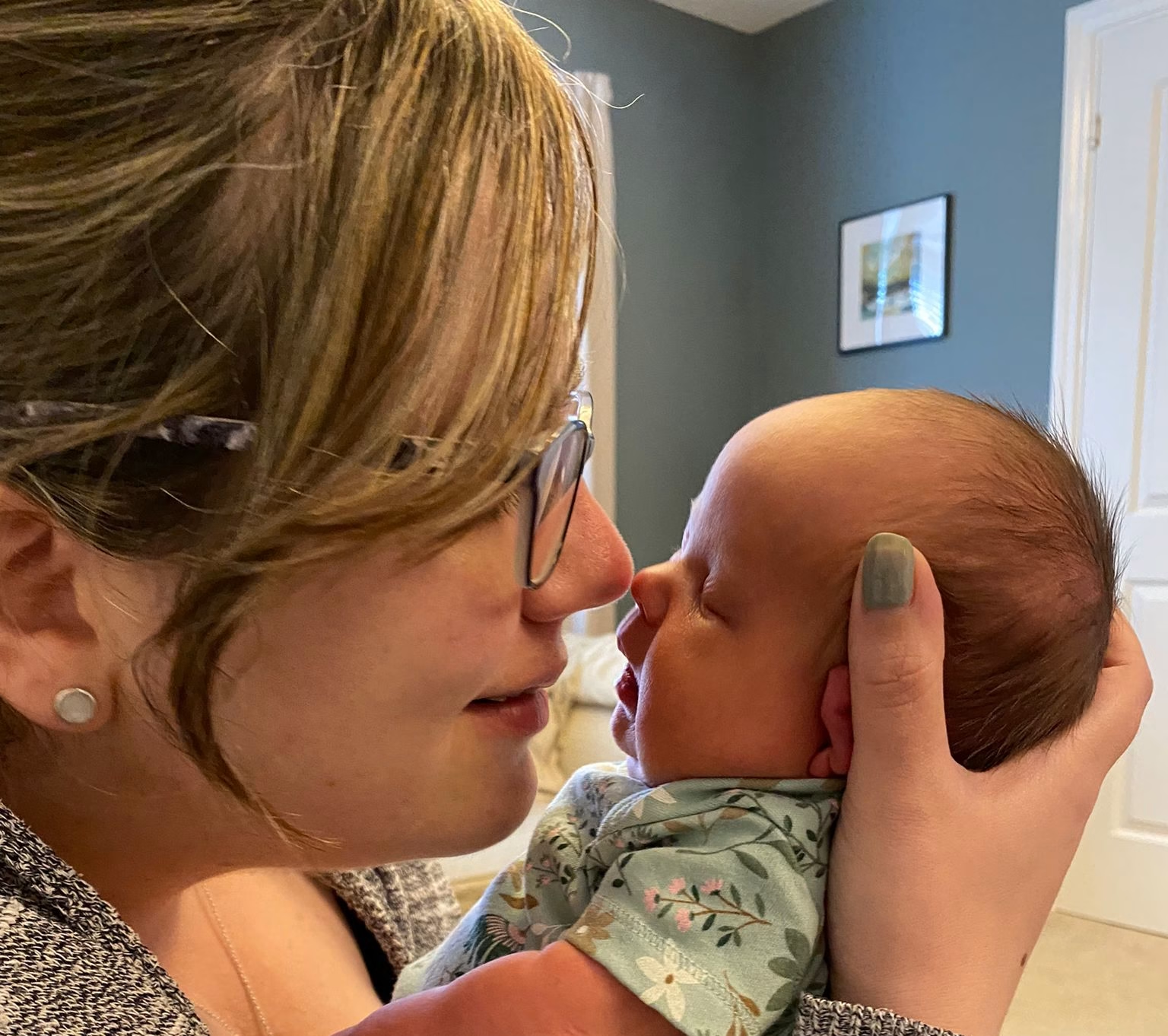- by Helen Taylor, TEP
One key aspect of planning for the future is deciding who will make decisions for your loved one with Down syndrome if they can’t make those decisions themselves. This is where Lasting Powers of Attorney (LPA) and, if needed, Deputyship Orders come in.
This guide explains what LPAs are, when they’re needed, and what to do if they can’t be set up.
What is a lasting power of attorney (LPA)?
A lasting power of attorney (LPA) is a legal document that allows a person (the “donor”) to appoint someone they trust (the “attorney”) to make decisions on their behalf if they lose the mental capacity to do so themselves.
There are two types of LPA:
- Property and financial affairs LPA: Covers decisions about money, property, and financial matters.
- Health and welfare LPA: Covers decisions about healthcare, medical treatment, and living arrangements.
LPAs are not just for older people—accidents or illnesses can affect anyone at any time.
Why are LPAs important for families of people with Down syndrome?
Many parents assume they will always have the legal right to make decisions for their child with Down syndrome. However, once the child turns 18, they are legally considered an adult, and parents lose the automatic right to make decisions on their behalf.
If your child with Down syndrome has capacity (the ability to make and understand decisions), they can choose to create an LPA to appoint someone they trust. This ensures that if they lose capacity in the future, their chosen attorney can act on their behalf.
Without an LPA in place, family members may face delays and legal complexities when trying to make decisions during a crisis.
Capacity and LPAs
Your child’s capacity to create an LPA is assessed at the time of making the document. Even though someone has a learning disability, they may still have capacity to:
Understand what an LPA is.
Decide who to appoint as attorney.
Understand the consequences of creating an LPA.
If capacity is confirmed, it’s a great opportunity to help them put an LPA in place. Easy-read guides from Mencap Trust Company can make the process clearer and more accessible.
What if my child can’t make an LPA? (deputyship)
If your child lacks capacity to make an LPA, you may need to apply for a Deputyship Order through the Court of Protection. A Deputy is appointed by the court to make decisions about financial affairs or health and welfare on behalf of someone who lacks capacity.
Financial deputyship: Needed if banks or financial institutions require formal authority to manage your child’s money or investments.
Health and welfare deputyship: Rarely granted and usually only if there’s a dispute or no family to make decisions in the person’s best interest.
It’s important to consider whether you need a Deputyship, as applying for one involves court processes, fees, and ongoing reporting obligations.
Key principles of the Mental Capacity Act 2005
The Mental Capacity Act (MCA) ensures that people with learning disabilities are supported in decision-making. It emphasizes:
- Everyone is presumed to have capacity unless proven otherwise.
- People must be supported to make their own decisions wherever possible.
- Decisions made on someone’s behalf must be in their best interests.
- Decision-making should be the least restrictive option.
- Capacity is time and decision specific – it can change over time and depends on the complexity of the decision.
For example, a person may be able to decide where they want to go for lunch but not make decisions about complex medical treatment.
Why plan ahead?
By supporting your child to create an LPA while they have capacity – or preparing for Deputyship if necessary – you can:
- Ensure trusted people make decisions when needed.
- Avoid lengthy and costly court applications.
- Give everyone peace of mind for the future.
Next steps
- If your child has capacity, help them set up LPAs with the help of legal and advocacy support.
- If they do not, consider whether Deputyship is needed and seek specialist advice.
- Remember, professional legal advice is invaluable—look for accredited solicitors through STEP or Lifetime Lawyers.
Key takeaways
- LPAs let trusted people make decisions for your loved one if they lose capacity.
- If your child with Down syndrome has capacity, it’s worth helping them set up an LPA.
- Deputyship is a last resort if no LPA exists and capacity is lacking.
- Plan ahead to avoid complications and protect your loved one’s rights and interests.
Share this post









